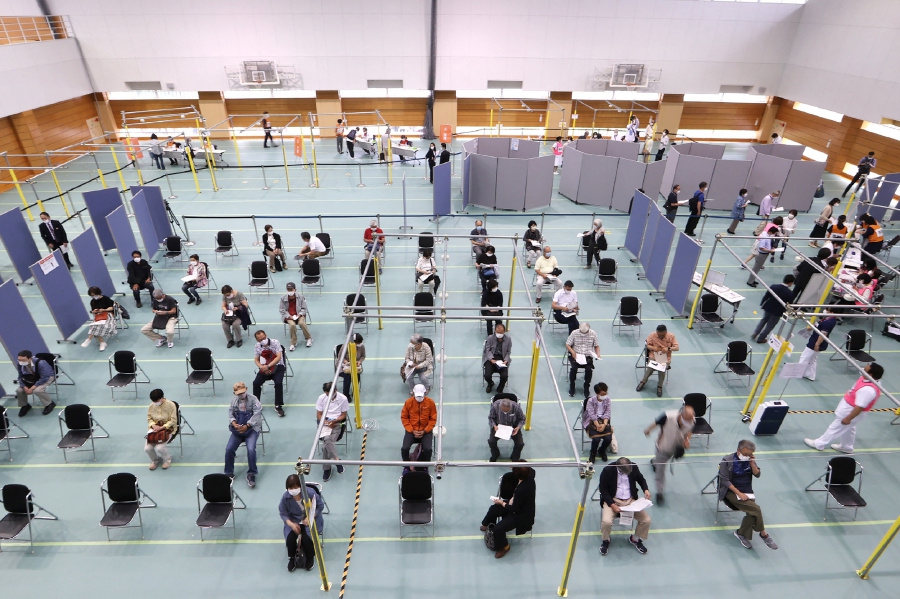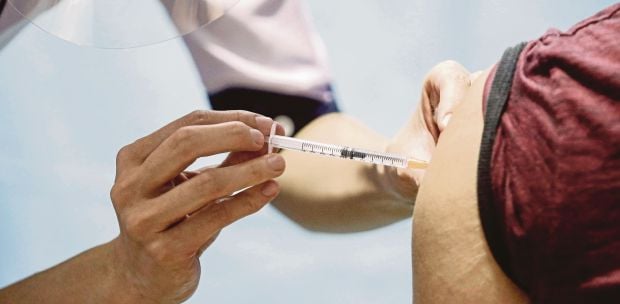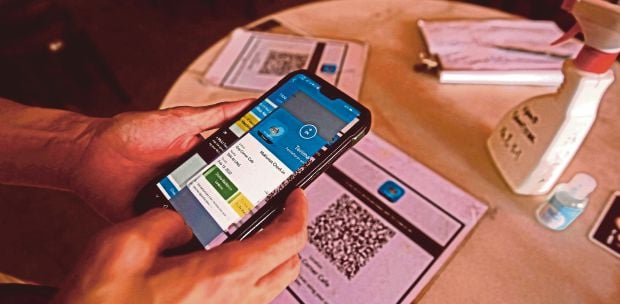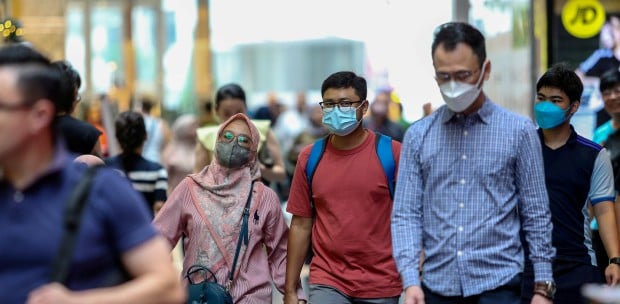Last December, many people in Japan, as well as elsewhere, believed Covid-19 would fade away in the first half of this year.
Omicron is putting paid to this optimism. Infections have increased significantly since mid-January. The invisible SARS-CoV-2 has mutated, and it triggered the sixth wave in Japan.
The composite index (CI) of business conditions is a reliable indicator of the actual situation in Japan. A CI with a value of 100 means "business as usual".
The latest preliminary CIs were for December last year, showing overall conditions as weakening. Leading CI (changes in the direction of the economy) is 104.3 — an increase from 103.9 in the previous month; Coincident CI (the current state of the economy) is 92.6, and the lagging CI (turning points and business cycle phases) shrunk to 94.2.
These illustrate that Japan's economy is influenced by its citizens' deflationary mindset, which has been compounded by uncertainties from Covid-19 since February 2020.
Since the significant increase in Omicron cases in mid-January, the Japanese government has scrambled to contain the spike.
Sadly, the central and local governments are not necessarily on the same page. Similarly, public opinion is also divided.
A survey conducted by Yomiuri Shimbun — a daily with the largest circulation — from Feb 4 to 6 found that 41 per cent of respondents agree to restricting economic activities to combat the escalation of Covid cases, whereas 51 per cent disagree.
Moreover, 48 per cent of citizens in Tokyo and Osaka do not want the government to declare a state of emergency, whereas 44 per cent say otherwise.
These have a direct bearing on actual business conditions, as described earlier.
On Dec 31, there were 506 infections (zero deaths). However, the figure jumped to 63,703 (143 deaths) on Feb 27. The daily average infections were about 1,090 in the last two months.
Cumulative infections stand at 752,456, and deaths at 23,472. At the time of writing, 31 prefectures are containing the spread of Covid cases under the Basic Prevention Measures until March 6.
Firstly, restriction on eating out. Five or more people are prohibited from sitting at the same table unless in third-party certified-infection control restaurants.
Secondly, individuals who do not adhere to infection control measures, such as wearing a mask and using sanitisers, are prohibited from entering any facility.
Thirdly, a restriction on the number of people at events.
Fourthly, a restriction on unnecessary inter-prefecture movements, and refraining from going out to crowded places or places with a high risk of infection such as shopping malls.
Fifthly, promoting telework and paid leave for employees to reduce physical contact in the workplace. If unavoidable, employees must wear a mask, wash or sanitise hands, apply social distancing, and have good ventilation in the workplace.
Lastly, everyone must avoid the three Cs — closed spaces, crowded places, and close-contact settings.
Regarding border measures, from March 1, the entry of invited foreign nationals for business meetings (less than three months' stay) is allowed, but the hosts must supervise preventive measures.
A foreign national who has a re-entry permit is exempted from this border control.
The foreign national is required to undertake a three-day quarantine at specific facilities designated by the chief of the quarantine station.
In my view, the measures are necessary, but not sufficient. Two additional responses are needed.
The first is to administer a booster vaccine to every eligible individual. In Japan, 100 million (79 per cent) citizens have received two injections. However, only 22 million have received the booster dose.
Second, every individual must voluntarily commit to avoiding the three Cs, and to a healthy lifestyle through personal and public hygiene.
I'm sure these two conditions can enable us to live with Covid-19 with a lifestyle that is healthy and sustainable, with fewer restrictions on individual movement and face-to-face interaction. Reasonable people will share my optimism in this regard.
The writer is a professor at Reitaku University, Tokyo, and has been teaching Southeast Asian studies, international economics, integration, development economics and Asian economy since 1983
The views expressed in this article are the author's own and do not necessarily reflect those of the New Straits Times






